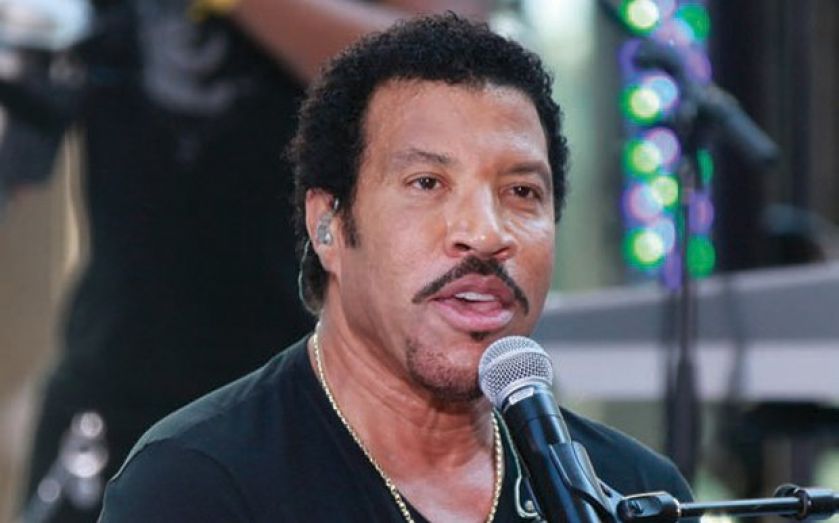My challenge to the chancellor: Be brave – CNBC

LIONEL Richie’s “Nothing Left To Give” is a tune George Osborne might be humming as he racks his brains over what to unveil in his Autumn Statement tomorrow. Or maybe “If I Could Turn Back the Hands of Time” by R Kelly will be stuck in his head, if he recalls the more favourable fiscal backdrop to his March Budget. Indeed, HSBC’s UK economist Elizabeth Martins expects tomorrow to bring a “double whammy of bad news for public finances – public sector net borrowing ex-banks to be revised up markedly, and higher gilt issuance from £127bn to £135bn”.
Osborne’s goal was to cut the deficit, but he has done the opposite since March. The chancellor borrowed £3.7bn more between April and October 2014 than in the same period in 2013. According to Berenberg’s Robert Wood, “to make up the £15bn hole in the government’s plans, borrowing over the final five months of the year would need to be 40 per cent lower than last year. The implausibility of that means tax rises to plug a deficit hole, rather than tax cuts, is a more likely prospect now.”
Higher taxes? In an election year, this seems unpalatable, especially since the race is too close for either party’s liking.
HSBC’s message for Osborne is similar to that of other economists: more austerity, not less. “We think the OBR is likely to revise down its estimate of the output gap, meaning that achieving fiscal targets looks even further away than it did back in March, and that more austerity is on the cards for whichever government is formed after the May elections.” Much of the shortfall is down to lower receipts, not higher spending. There is also more risk to revenues from the oil industry and due to the housing slowdown.
Not everyone thinks austerity is the way out. Economic Insight’s Stephen Lewis says Osborne is likely to roll on his target of eliminating the structural current deficit, which has already been pushed out to 2017-18: “while this may incur some embarrassment in the short term, it is likely to be less politically damaging than putting up taxes or cutting public spending so close to an election”. Lewis may be right. This Statement will not be about what is best for the UK’s finances, but about saving face ahead of the election.
But chancellor, I challenge you to be brave. Impose austerity now, when the UK economy is the best performer in the G7. Don’t defer it. Will there be a hit to growth? Yes, but it should be manageable. The economists at Berenberg believe extra austerity would slightly reduce the UK’s growth outlook but not entirely derail it – they still see 2.8 per cent GDP growth in 2015 and 2.9 per cent in 2016. Growth and the prospect of a balanced budget – that should be the sweetest music Osborne could hear.
Carolin Roth is anchor of Capital Connection on CNBC.